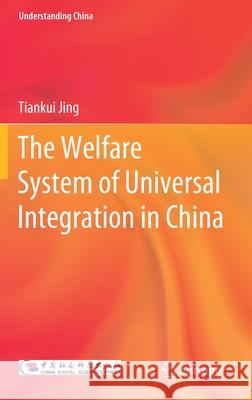The Welfare System of Universal Integration in China » książka
topmenu
The Welfare System of Universal Integration in China
ISBN-13: 9789811648380 / Angielski / Twarda / 2021 / 342 str.
The Welfare System of Universal Integration in China
ISBN-13: 9789811648380 / Angielski / Twarda / 2021 / 342 str.
cena 523,30
(netto: 498,38 VAT: 5%)
Najniższa cena z 30 dni: 501,19
(netto: 498,38 VAT: 5%)
Najniższa cena z 30 dni: 501,19
Termin realizacji zamówienia:
ok. 16-18 dni roboczych.
ok. 16-18 dni roboczych.
Darmowa dostawa!
Kategorie:
Kategorie BISAC:
Wydawca:
Springer
Seria wydawnicza:
Język:
Angielski
ISBN-13:
9789811648380
Rok wydania:
2021
Wydanie:
2021
Numer serii:
000467126
Ilość stron:
342
Waga:
0.78 kg
Wymiary:
23.39 x 15.6 x 2.54
Oprawa:
Twarda
Wolumenów:
01
Dodatkowe informacje:
Wydanie ilustrowane











